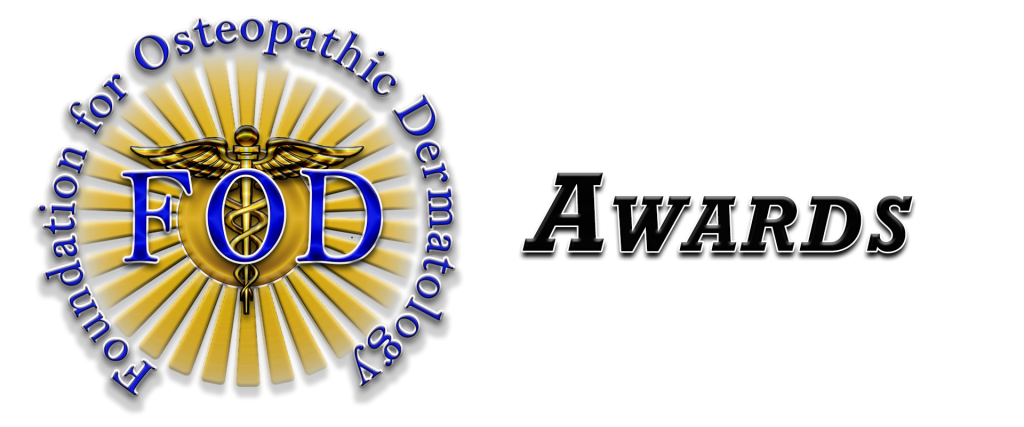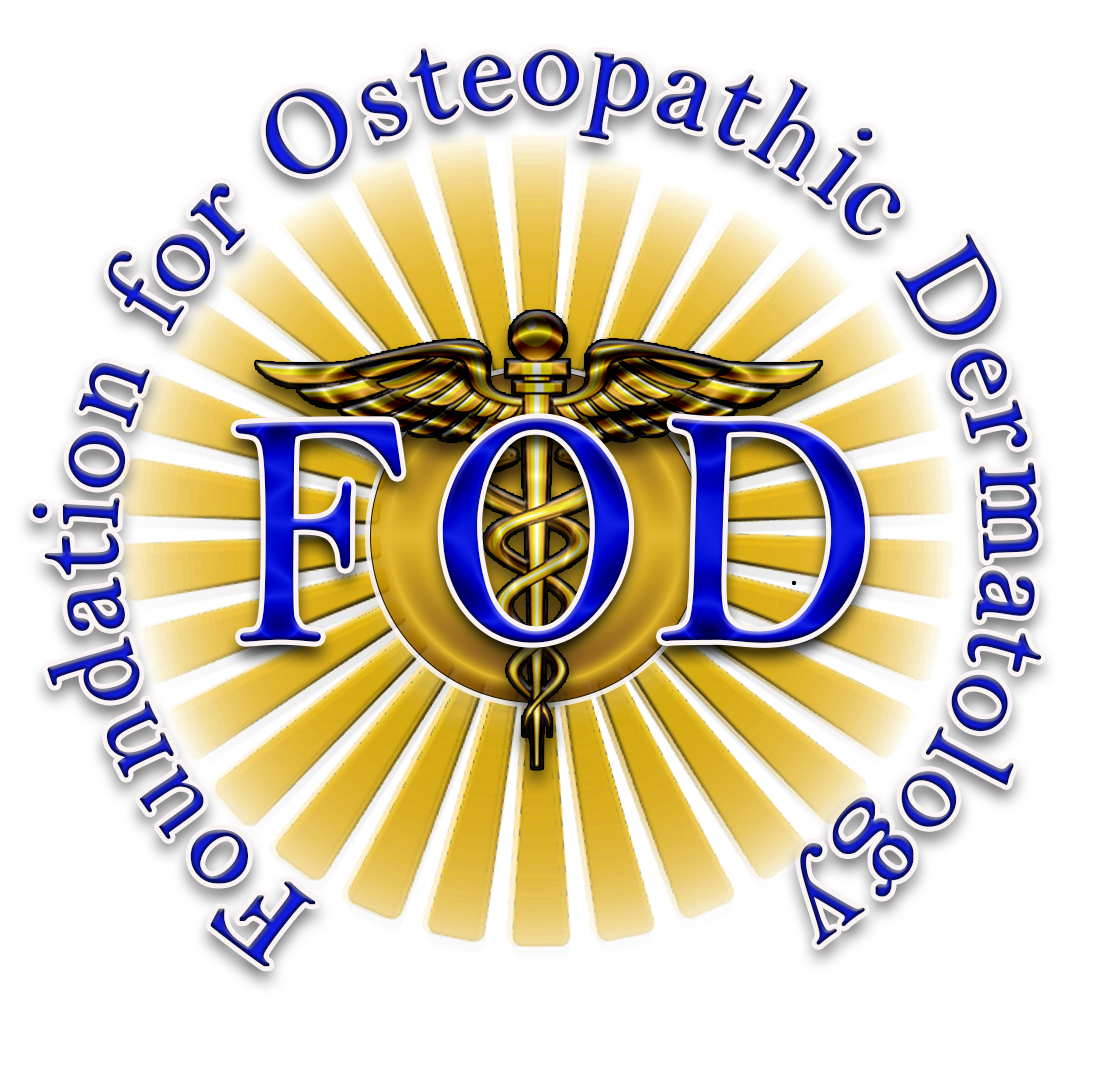
Past Awards
A.P. ULBRICH RESEARCH AWARD
The A.P. Ulbrich Research Award in Dermatology is an educational grant sponsored by the American Osteopathic College of Dermatology (AOCD) and funded through the AOCD Educational Research Fund. The grant is intended to enable the recipient to conduct a basic science or clinical research project that will make a significant contribution to osteopathic medicine and dermatology. The grant is offered to encourage resident member physicians in good standing of the AOCD to engage in dermatologic research.
Past Recipients
1997-1998: Mark A. Kuriata, D.O.
2003-2004: Alpesh Desai, D.O.
2005-2006: Tejas Desai, D.O.
2008-2009: Karthik Krishnamurthy, D.O.
2009-2010: Angela Leo, D.O.
2010-2011: Francisca Kartono, D.O.
2013-2014: Holly Kanavy, D.O.
2013-2014: Cory Maughan, D.O.
2014-2015: Marisa Wolff, D.O.
JAMES D. BERNARD, DO RESIDENCY LEADERSHIP AWARD
The James Bernard, D.O., FAOCD, AOCD Residency Leadership Award is a leadership award sponsored by the Foundation for Osteopathic Dermatology. The award is intended to encourage and enable the recipient to organize and foster the ideals of the AOCD. The award offers a third-year resident physician AOCD member a future position in one of the AOCD committees.
Previous Winners
